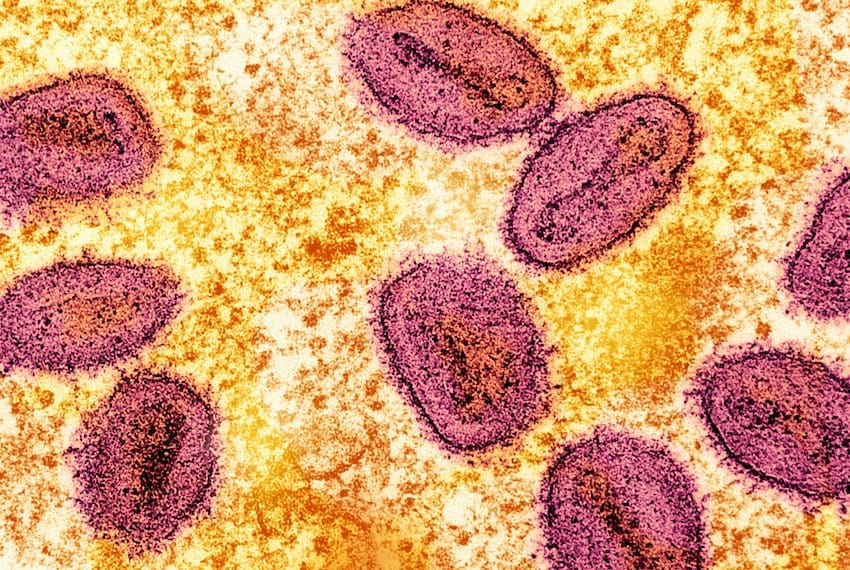Mexico issues alert over possible mpox outbreak

Mexico’s National Commission for Epidemiological Defense warned of a possible mpox outbreak on Wednesday.
The World Health Organization (WHO) on Wednesday declared mpox, previously known as monkeypox, a public health emergency of international concern (PHEIC). Elevated cases with a new variant, have been reported in Europe, Asia and Africa.
At the 7 August 2024 WHO press conference, @mvankerkhove talks about the ongoing #mpox outbreak in Africa & how concerted efforts are needed to stop this. pic.twitter.com/pUo8p1ykus
— World Health Organization (WHO) (@WHO) August 15, 2024
According to Fox 5 San Diego, Mexican health officials on Thursday reported that there have been 212 “probable cases” this year with 49 confirmed throughout Mexico, though none involved the new variant.
Mpox is not a recent concern for Mexico. Since 2022, there have been 7,385 suspected cases of mpox in at least 11 states. Twenty-nine confirmed cases have been reported in Mexico City this year, with seven cases identified in Quintana Roo and three others in Jalisco.
Mpox is a rare disease similar to smallpox caused by a virus. It’s found mostly in areas of Africa but has been seen in other regions of the world. It causes flu-like symptoms such as fever and chills, and skin lesions that can take weeks to clear.
A more transmissible variant called clade Ib is currently spreading in central Africa which may carry a similar fatality rate to clade I. Previous outbreaks of clade I have caused death in 10% of cases, leading health authorities to urge precaution in cases of clade Ib.
In announcing the emergency, WHO Director General Dr. Tedros Adhanom Ghebreyesus said, “The emergence of a new clade of mpox, its rapid spread in eastern DRC, and the reporting of cases in several neighboring countries are very worrying. On top of outbreaks of other mpox clades in DRC and other countries in Africa, it’s clear that a coordinated international response is needed to stop these outbreaks and save lives.”
According to the WHO, the disease can spread in various ways:
- People: Through close contact (touch), kissing or sex
- Animals: When hunting, skinning or cooking them
- Materials: Such as contaminated sheets, clothes or needles
- Pregnant people may pass the virus on to their unborn child
With reports from Milenio, Debate and Fox 5 San Diego
Source: Mexico News Daily

